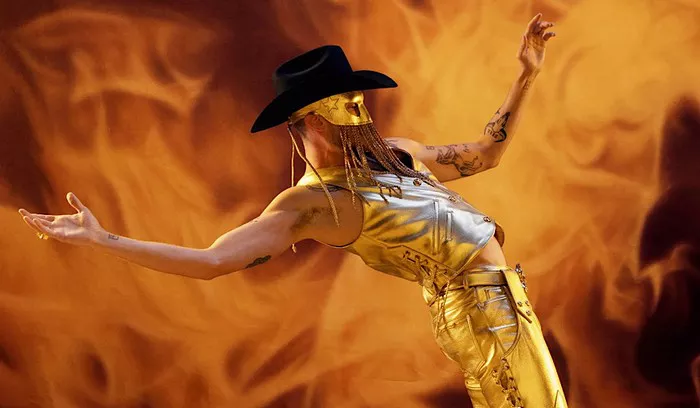Country music, deeply rooted in American heritage, has undergone a remarkable evolution over the years. From its humble beginnings in the rural landscapes of the southern United States, country music has transformed into a diverse and dynamic genre that continues to capture the hearts of millions worldwide. In this comprehensive exploration, we delve into the essence of modern country music, dissecting its core elements, unraveling its distinct genre traits, and shedding light on the pioneers who have shaped its contemporary landscape.
Defining Modern Country Music
To comprehend modern country music, it is imperative to first understand the broader scope of the genre. Country music, characterized by its narrative lyrics and melodic tunes, has always been a reflection of the everyday experiences of its listeners. However, the term “modern country music” encapsulates a distinct era within the genre’s timeline, marking a departure from its traditional roots.
In contemporary terms, modern country music refers to the evolution that began in the late 20th century and continues to thrive today. This evolution is marked by a fusion of traditional country elements with influences from other genres, giving rise to a diverse and eclectic sound. The incorporation of rock, pop, and even hip-hop elements has propelled modern country music into uncharted territory, broadening its appeal to a more extensive and diverse audience.
Exploring the Traits of Modern Country Music
Modern country music is characterized by a myriad of traits that distinguish it from its predecessors. One of the most notable features is the blending of traditional instruments with modern production techniques. The unmistakable twang of a steel guitar may now coexist seamlessly with polished electronic beats, creating a sound that is both nostalgic and contemporary.
Lyrically, modern country music often explores a wide range of themes beyond the classic tales of heartbreak and rural life. Social and political commentary, personal growth, and even urban experiences find their place in the narrative of modern country songs. This expansion of lyrical themes has broadened the genre’s relevance and resonance, making it a powerful medium for storytelling in the 21st century.
The sonic landscape of modern country music has also witnessed the emergence of sub-genres, further diversifying its appeal. From the gritty sound of outlaw country to the polished sheen of pop-country crossovers, artists within the modern country scene have embraced a spectrum of styles, ensuring that there is something for every listener.
Modern Country Music Pioneers
The evolution of modern country music is indebted to a select group of pioneers who fearlessly pushed the boundaries of the genre. One such trailblazer is Garth Brooks, whose revolutionary approach to live performances and genre-blending sound catapulted country music into mainstream success during the 1990s. Brooks’ influence is evident in the stadium-sized productions and genre-crossing collaborations that define modern country music today.
Shania Twain, often hailed as the “Queen of Country Pop,” left an indelible mark on the genre with her groundbreaking fusion of country and pop elements. Twain’s crossover success opened doors for a new generation of artists to experiment with a more mainstream sound, contributing to the genre’s widespread popularity.
In the realm of modern male artists, Kenny Chesney stands out as a pivotal figure. His ability to seamlessly blend country with elements of rock and reggae has defined the sound of contemporary country music. Chesney’s influence extends beyond the studio, as his energetic live performances have set a standard for the genre’s live shows.
The infusion of country and hip-hop found a trailblazer in the form of Lil Nas X, whose chart-topping hit “Old Town Road” shattered preconceived notions of what country music could be. This collaboration with rapper Billy Ray Cyrus showcased the genre’s adaptability and its capacity to resonate with a diverse audience, marking a watershed moment in the history of modern country music.
The Ever-Evolving Landscape of Modern Country Music
As we navigate the diverse terrain of modern country music, it becomes evident that the genre is not static; it is a living, breathing entity that continues to evolve. The rise of independent artists and the democratization of music production through digital platforms have further accelerated this evolution, allowing voices from all walks of life to contribute to the genre’s rich tapestry.
The future of modern country music holds the promise of even greater diversity and innovation. As emerging artists experiment with new sounds and lyrical themes, the boundaries of the genre will inevitably be stretched, challenging our preconceptions and expanding the scope of what it means to be a country artist in the 21st century.
Conclusion
In conclusion, modern country music is a testament to the genre’s resilience and adaptability. From its humble origins in rural America to its current status as a global phenomenon, country music has weathered the sands of time by embracing change and welcoming new influences. As we celebrate the pioneers who have shaped its modern incarnation, we also look forward to the untold stories and uncharted territories that will shape the future of this beloved musical genre.

